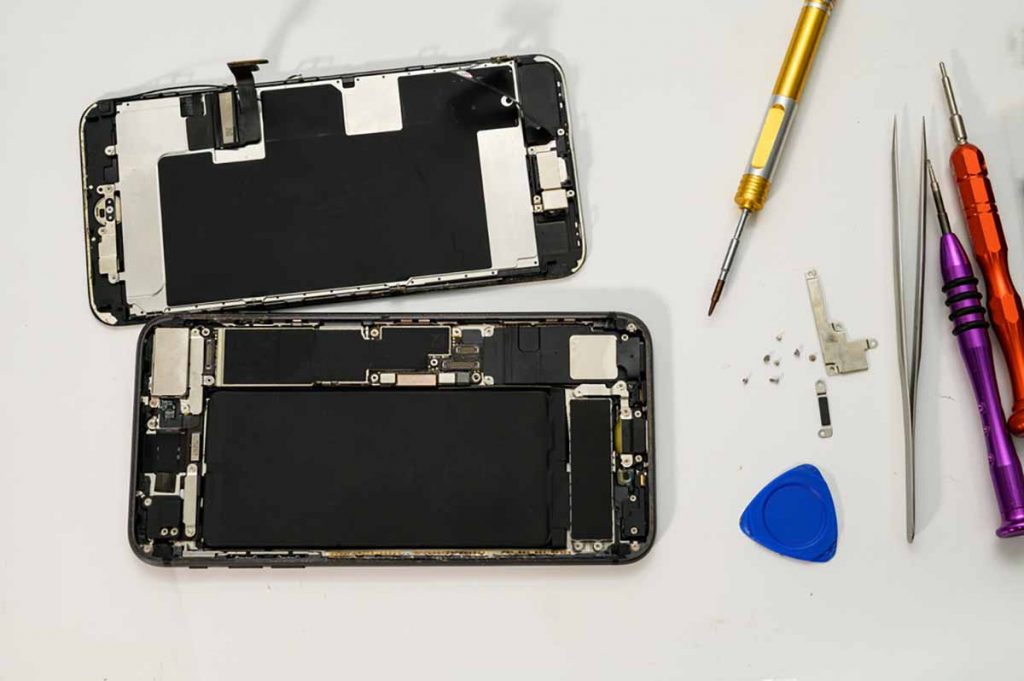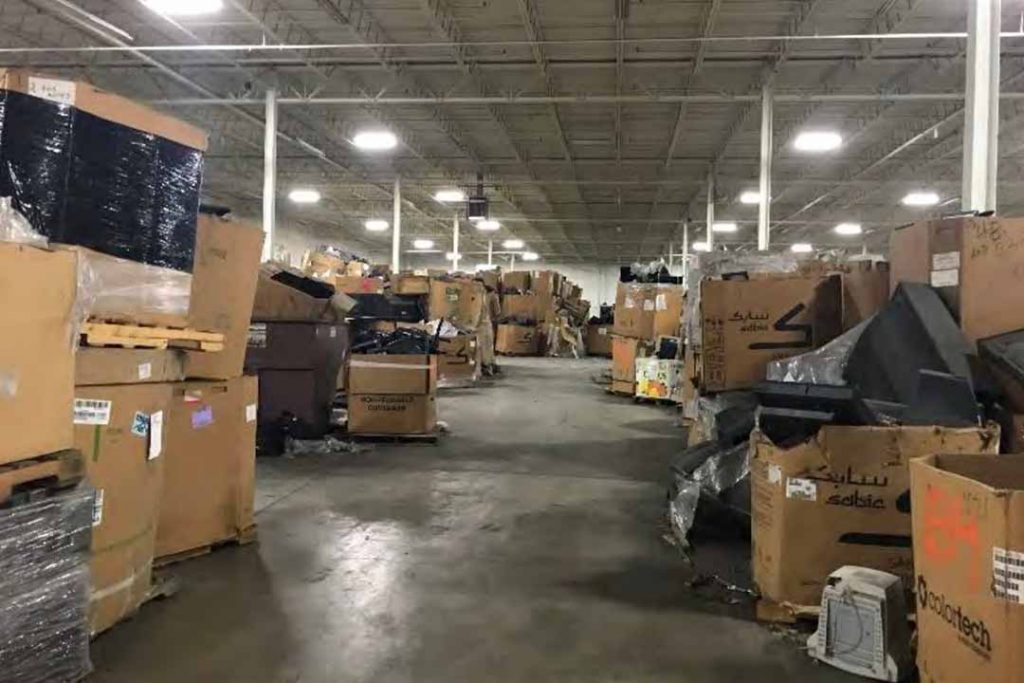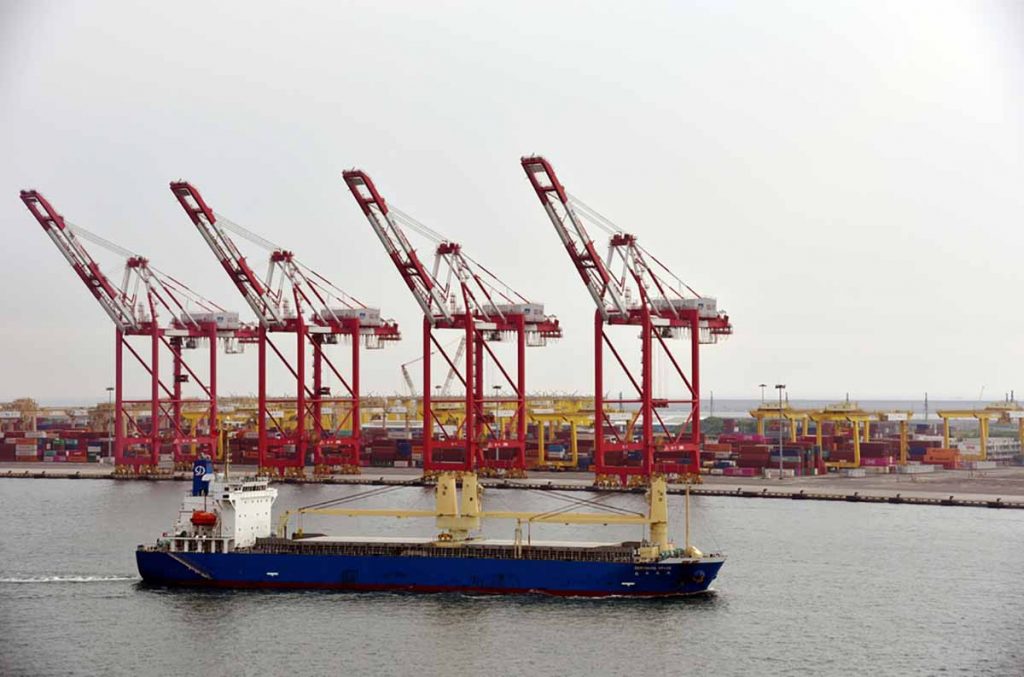
In acquiring e-End, Techno Recuse will now have an annual processing capacity of more than 5 million pounds. | photocj/Shutterstock
ITAD firm Techno Rescue this month acquired e-End, a Maryland processor that handles a variety of equipment types.

In acquiring e-End, Techno Recuse will now have an annual processing capacity of more than 5 million pounds. | photocj/Shutterstock
ITAD firm Techno Rescue this month acquired e-End, a Maryland processor that handles a variety of equipment types.

The Statewide Commission on Recycling Markets and Curbside Recycling made a range of preliminary recommendations to state regulators and lawmakers late last month. | PK Studio/Shutterstock
A high-profile recycling commission in California has published its endorsement of right-to-repair policies.

News that Apple would be paying to settle a lawsuit related to battery-throttling drew attention last month. | Attila Fodemesi/Shutterstock
Copper prices, lawsuits and a processor’s sorting system installation were among the articles that drew readers attention last month.

The view from inside one of Closed Loop’s warehouses in Columbus, Ohio in 2015. | Courtesy of AECOM
E-scrap processor Kuusakoski has agreed to pay $6 million to settle a lawsuit demanding that it help clean up massive CRT stockpiles in Columbus, Ohio.

SERI and RIOS are working to build more online programs for education on EHS management systems. | S_L/Shutterstock
Companies with R2-certified facilities will be able to access discounted RIOS environmental health and safety management resources through a new partnership.

Scrap plastic traders are facing challenges from increased freight rates and cancellations of bookings by shipping lines as Basel regulations are implemented. | Mariusz Bugno/Shutterstock
Recent changes to global regulations on scrap plastic shipments have shaken up the export market for plastics recovered from electronics.

